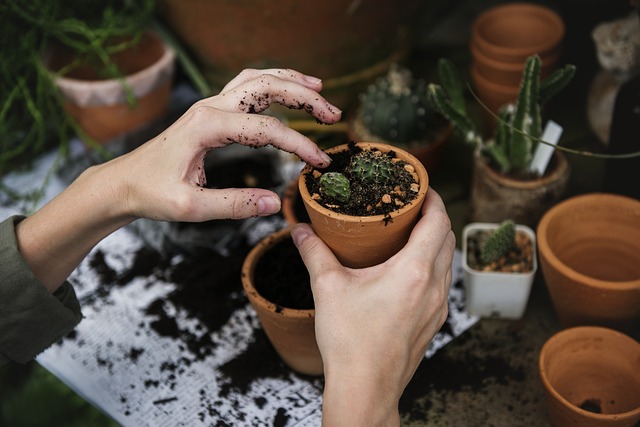Gardening is more than just a pastime; it’s a way to connect with nature and nurture the environment. For those intent on achieving lush, juicy fruits and vegetables, understanding plant soil improvement is vital. A healthy garden starts beneath the surface, and using eco-friendly methods not only enhances your yield but also contributes positively to the environment.
The Importance of Healthy Soil
Healthy plant soil serves as the foundation for vibrant growth. It provides essential nutrients, retains moisture, and encourages beneficial microbial life. The right mix of soil can lead to productive plants and increased resistance to pests and diseases, enabling gardeners to grow their own food sustainably.
Embracing Eco-Friendly Practices
When we talk about improving plant soil, the goal is not only to enhance our gardening yield but also to respect and preserve our environment. Here are some eco-friendly methods to consider:
1. Composting
Composting is one of the most effective and sustainable methods for improving soil quality. By creating a rich mix of organic matter from kitchen scraps, yard waste, and leaves, you produce natural fertilizer that enriches your soil. Compost not only provides essential nutrients but also enhances soil structure and increases water retention.
2. Cover Crops
Planting cover crops such as clover, rye, or vetch during the off-season protects and enriches your garden soil. These crops help prevent erosion, suppress weeds, and can be tilled back into the soil to improve its nutrient content. They act as nature’s way of rejuvenating the ground, fostering a living ecosystem beneath our feet.
3. Mulching
Mulching is another great eco-friendly approach to improving soil health. By covering the soil with organic materials like straw, grass clippings, or wood chips, you help retain moisture, suppress weeds, and add nutrients back into the earth as the mulched materials decompose.
4. Earthworms and Beneficial Microbes
Introducing beneficial creatures into your garden can have a profound impact on soil health. Earthworms, for instance, aerate the soil and enhance its structure, while beneficial microbes break down organic matter, releasing nutrients. Creating a habitat in your garden that attracts these soil dwellers can lead to a thriving ecosystem.
5. Natural Fertilizers
Utilizing natural fertilizers, such as fish emulsion or seaweed extract, can be a game-changer in your quest for rich plant soil. These fertilizers are not only effective but also environmentally friendly, promoting a healthy balance in your garden that commercial fertilizers often disturb.
Connecting with Nature
By focusing on eco-friendly methods for plant soil improvement, you’re not just boosting your own gardening endeavors; you’re affirming your commitment to a healthier planet. Every action we take in our gardens can have a ripple effect on the environment. When we cultivate our fruits and vegetables with care and respect for nature, we contribute to a sustainable future—one juicy tomato and crisp carrot at a time.
So, whether you’re a seasoned gardener or just starting your journey, remember that every step toward improving your plant soil helps not only your garden thrive but also nurtures the earth itself. Let’s grow together in harmony with our natural world!




